The Network of building renovation projects has been initiated at the beginning of 2024 with the aim to collaborate and to use any synergies in reaching out to stakeholders of the construction sector and applied sciences. At this stage the network consists of 18 projects funded under Horizon Europe and many of them are part theBuilt4People Partnership.

AEGIR

DigitAl and physical incrEmental renovation packaGes/systems enhancing envIronmental and energetic behaviour and use of Resources
AEGIR’s main objective is to demonstrate a scalable, industrialised, smart, non-intrusive, quick, and affordable four-packaged renovation solution to boost the take up of deep retrofitting achieving nearly zero energy buildings. AEGIR main objective is to demonstrate a physical and digital sustainable framework that boosts the take up of deep retrofitting achieving nearly zero energy buildings. This approach is supported by (i) innovative, industrialized, high performance and non-intrusive multifunctional plug-and-play envelope solutions to increase the use of locally deployed renewable technologies. These solutions can also be modulated depending on the requirements of the target buildings. (ii) A digital ecosystem of services to improve the whole construction workflow (from design, manufacturing, construction, and operation) reducing costs with a sustainable approach. And (iii) a socio-economic model providing financial schemes and business models at building scale.
To demonstrate these objectives the project will deploy all these solutions in four demos (Spain, France, Denmark, and Romania) mixing the retrofitting actions which will use the solutions in four different climates. The demos combine different building typologies (multi-family buildings, educational buildings, offices, and single-family buildings) to proof the concept in buildings and tenants with different requirements. One of the demos (Denmark) is social housing so the intention of the project is to demonstrate that these solutions are feasible for the more demanding public. A second demo is a public school to demonstrate the improved air quality and comfort provided by the solution to solve many of the air quality/ventilation problems in this type of buildings. The project involves all the actors from the construction and energy management value chain with local and international SMEs, large companies, public authorities. Local and international clusters are also included to verify the developments at European level.
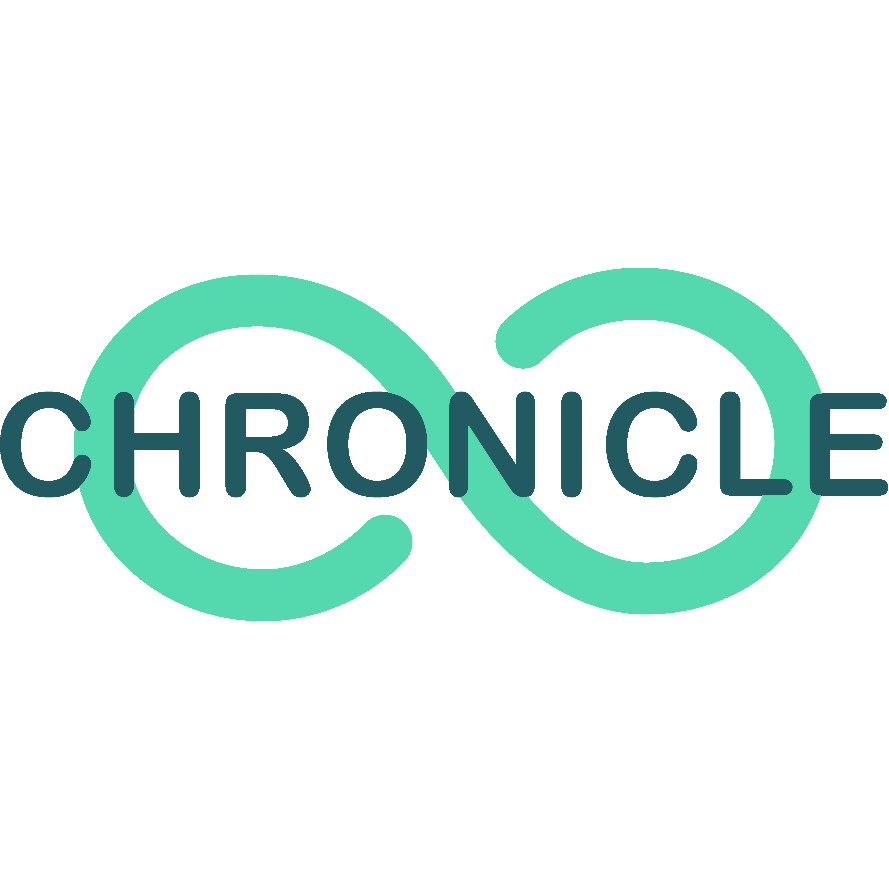
Chronicle
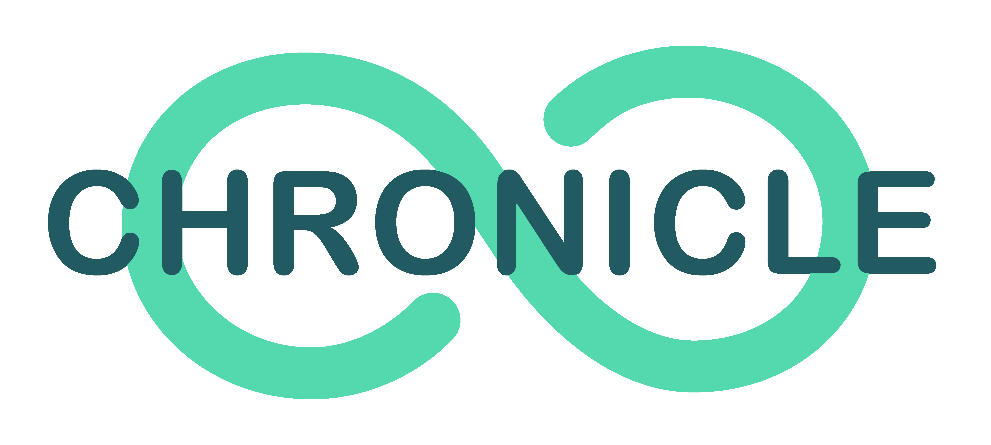
Building Performance Digitalisation and Dynamic Logbooks for Future Value-Driven Services
Project that aims to improve building performance in order to increase energy efficiency, comfort and well-being. CHRONICLE aims to deliver a holistic framework for assessing the life-cycle performance for different building variants. CHRONICLE project supports the sustainable design of new and existing construction projects by focusing on efficient renovation procedures and investment decision-making processes.

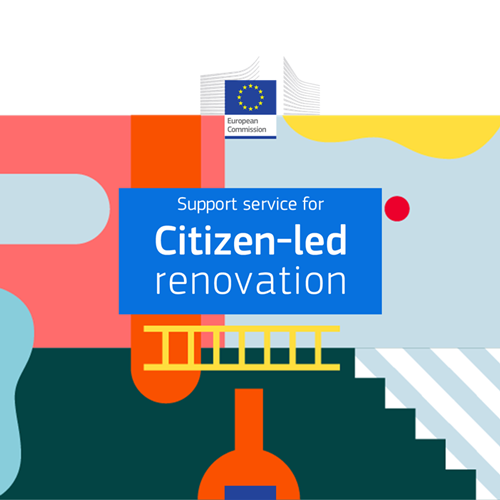
Citizen-led renovation

The support service for Citizen-led renovation (CLR) is an EU initiative aiming to empower existing and prospective energy communities
The support service for Citizen-led renovation (CLR) is an EU initiative aiming to empower existing and prospective energy communities to put citizens in the driver’s seat for energy-saving renovation projects. Our support service for four selected pilots in Ireland, Portugal, Belgium and Bulgaria is underway to strengthen community building and assist in replicating programmes for energy renovations of buildings, including insulation, new technical systems and installing renewables. We are currently helping the four pilot projects to overcome financial, legal, technical and informational barriers and deliver future-proof residential buildings. As we enter CLR Phase II, we are expanding our support services to cater to our selected Pilots, Learners and Followers with various levels of support, combining one-on-one sessions, webinars, workshops, peer-to-peer learning and events.
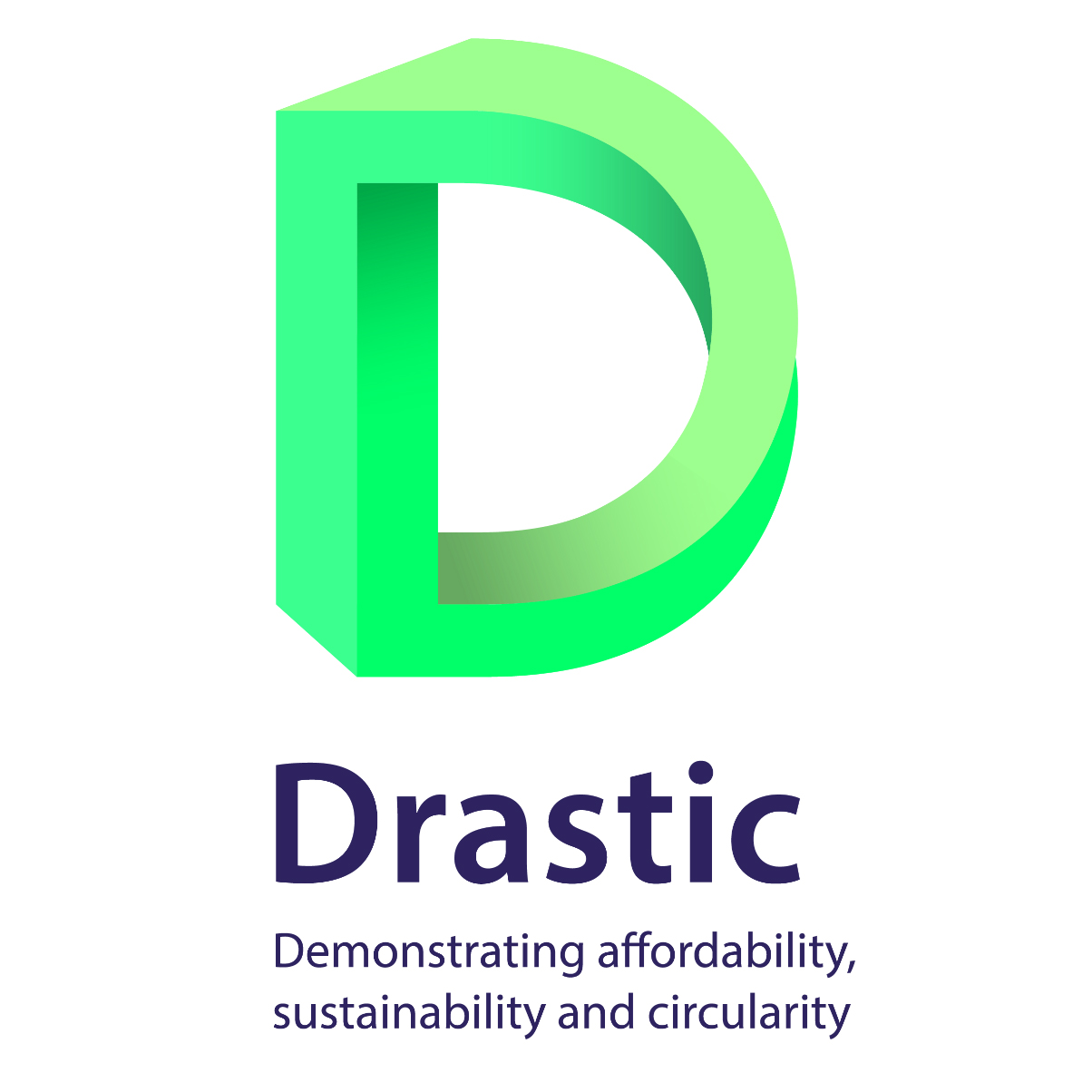
Drastic
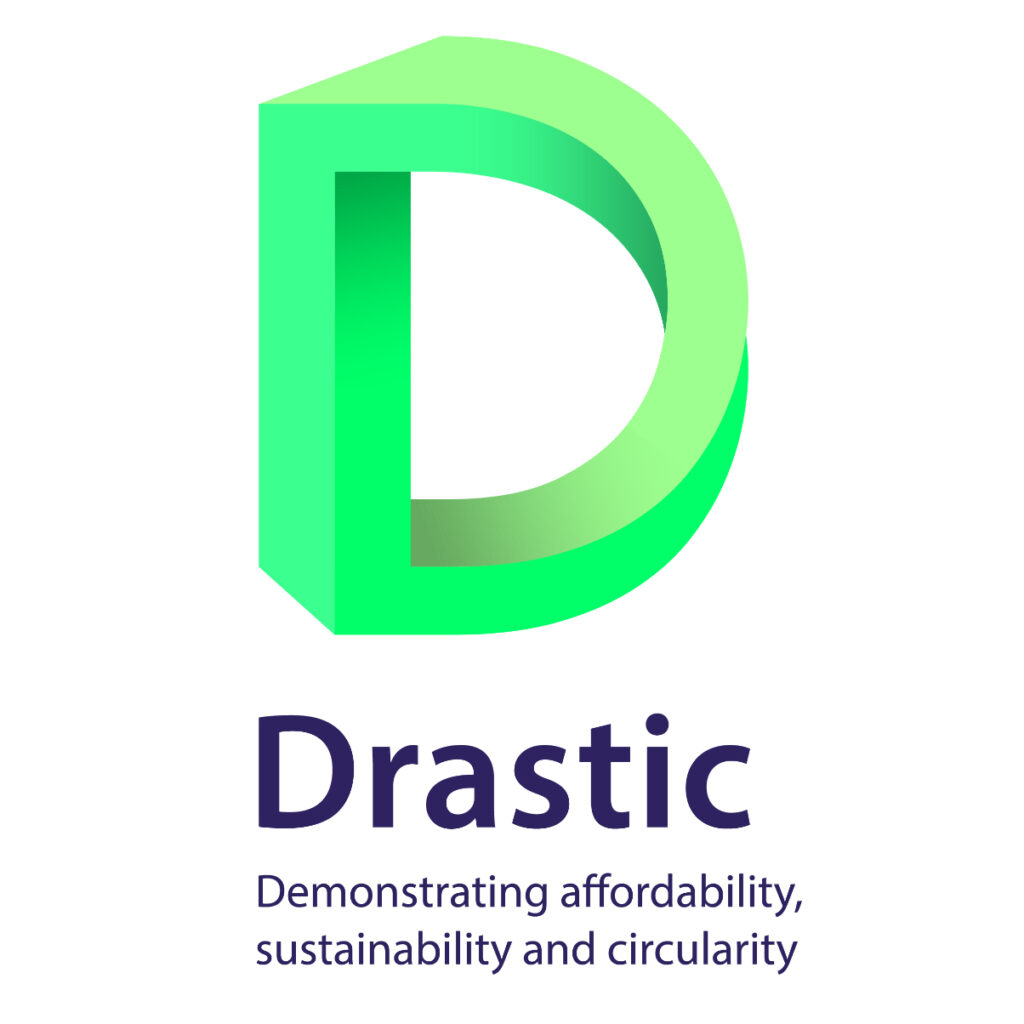
Drastic – Demonstrating Real and Affordable Sustainable Building Solutions with Top-level whole life cycle performance and Improved Circularity
Working with 23 European partners, Drastic is a four-year project which is supported by the European Union under grant number 101123330.
Through five ‘Demonstrator’ pilot projects, Drastic showcases innovative solutions to reduce whole life carbon and climate impact of construction across the European construction value chain, whilst increasing/improving circularity within the built environment.
The Demonstrators target different layers of buildings to achieve reduction of operational and embodied carbon emissions and foster material reclamation and reuse. Drastic will show how these solutions plus improved business models, can help achieve whole life cycle decarbonisation of the EU building stock by 2050.
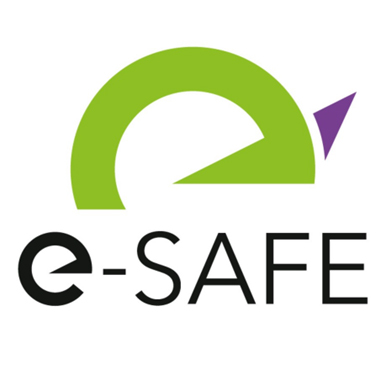
e-SAFE
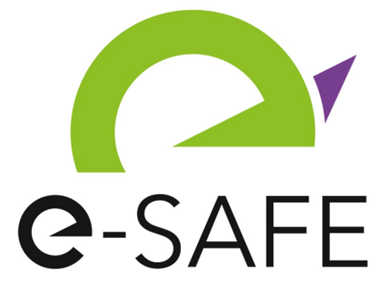
Energy and Seismic AFfordable rEnovation solutions
e-SAFE defines and develops a market-ready deep renovation system for non-historic buildings, whosa ability to uptake the EU market relies on the combination of decarbonisation goals with earthquake safety (where applicable), indoor confort, reduced implementation time and costs, affordable financial options, reduced occupants disturbance, increased aesthetic functional attractiveness. This is reached through an interative process based on a multidisciplinary methodology, where traditional modelling and experimental research are integrated with tools for promoting financial feasibility, knowledge co-production, mutual learning and public engagement. The result is a new deep renovation system that benefits from the full integration between tecnological innovation and process-based innovation.

Ebento

Energy efficiency Building Enhancement through performance guarantee Tools
The EBENTO project works for change, providing a framework to showcase and integrate new business models and innovative technology for energy performance guarantees and contracts. Its one-stop-shop platform facilitates public institutions, energy communities, SMEs, and Energy Service Companies in identifying energy efficiency improvements in residential housing, streamlining administrative procedures, enabling public-private partnerships, and attracting investments while reducing upfront costs. Additionally, EBENTO prioritizes citizens as key contributors to the energy transition, supporting their decision-making in energy efficiency investments.
The EBENTO ecosystem addresses current barriers in building renovation projects, such as high capital costs, administrative burdens, and limited financing options. The project’s innovations make it feasible for low-income and energy-poor households to afford not only small-scale interventions but also deep renovations.
In that context EBENTO develops a comprehensive One-Stop-Shop platform, serving Public Institutions and Cooperatives in identifying energy efficiency upgrades for residential housing with support from SMEs and energy service companies. It looks into optimising financing schemes, refining Energy Performance Contract (EnPCs), and fostering citizen trust in investing for increased energy-building efficiency. Key features include:
- Building Performance Contracts and Guarantees Module: Efficient smart contract management.
- Monitoring Module: Empowering citizens with energy insights for savings and comfort.
- Simulation Module: Providing optimal and cost-effective building enhancement solutions.
These innovations enable EBENTO to gather crucial data from EnPCs, financial schemes, device monitoring, energy savings, building information modelling, user feedback, and comfort levels. This data builds citizen trust in investing while providing companies with vital information for cost reduction and scalable replication. The platform promotes transparency in energy decisions, heightening social energy awareness and citizen participation. EBENTO’s results are undergoing rigorous testing and validation in demonstrations across Spain, Greece, Estonia, and the UK. Involving 35 small residential buildings and more than 80 users, including perspectives from Public Institutions, Cooperatives, and Utilities, these demonstrations deliver increased flexibility, improved comfort, enhanced energy efficiency, reduced heat losses, and greater efficiency in circular economy practices. Additionally, the project ensures accessibility for lower-income households, develops Aggregator/ESCO services, and supports multi-tenure property area-based schemes. Notably, Tall
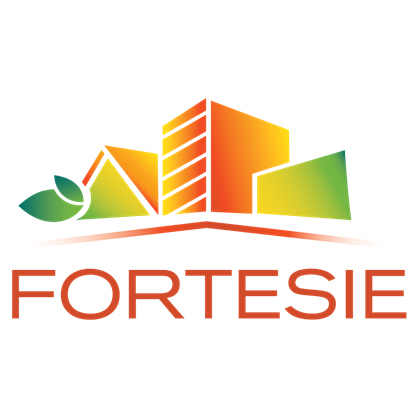
Fortesie

CBDC powered Smart PerFORrmance contracTs for Efficiency, Sustainable, Inclusive, Energy use”
The overall vision of FORTESIE is to design, demonstrate, validate and replicate innovative renovation packages in the building industry with Smart Performance-Based guarantees and financing, aiming at Efficient, Sustainable and Inclusive Energy (ESIE) use to accelerate the Renovation Wave in Europe.
The renovation packages will combine state-of-the-art construction materials and technologies (prefabricated facades, BIPV, heat pumps, etc.), innovative digital technologies for measurement and verification of building performance improvements, and attractive financing schemes (e.g. contractual frameworks for smart performance guarantees, financing mechanisms, engagement techniques, green-euros, etc.), to raise the overall EPC value proposition.

HERIT4AGES
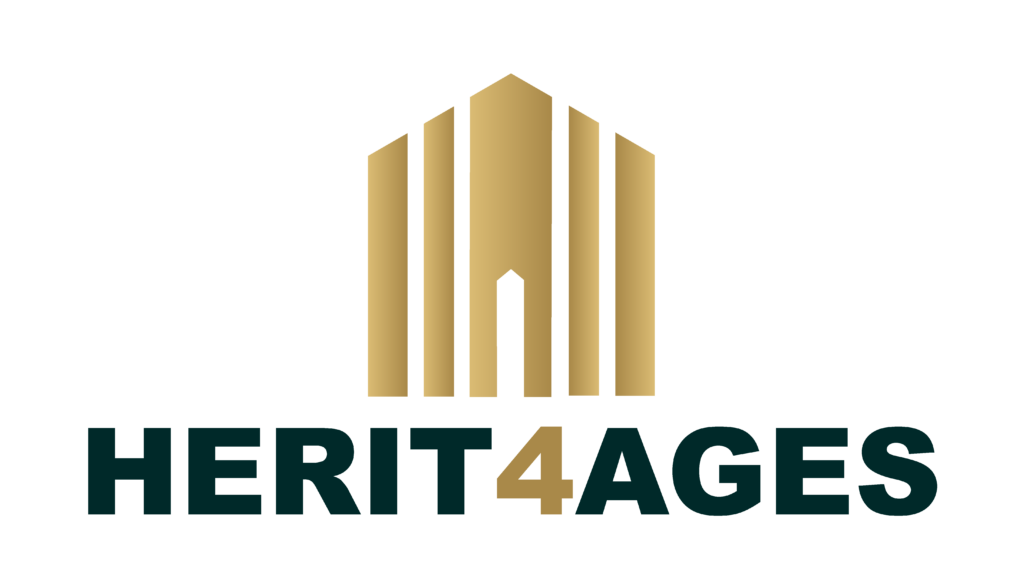
User-centric and data-driven retrofitting solutions for a resilient, energy-efficient, low-emission and inclusive cultural heritage.
Herit4ages aims to develop and validate a set of technical and socially innovative sustainable energy and resource-efficient solutions, for the cost-effective improvement and preservation of the cultural heritage buildings. These solutions will address inclusiveness, accessibility, resilience, environmental and energy performance.
Given that the spectrum of heritage buildings is broad and protection laws may allow for different levels of intervention, the project aims to develop a set of solutions that can be replicated in different parts of Europe.
The adaptation to a new social and energy model will be demonstrated in five buildings located in different climate zones with different uses.
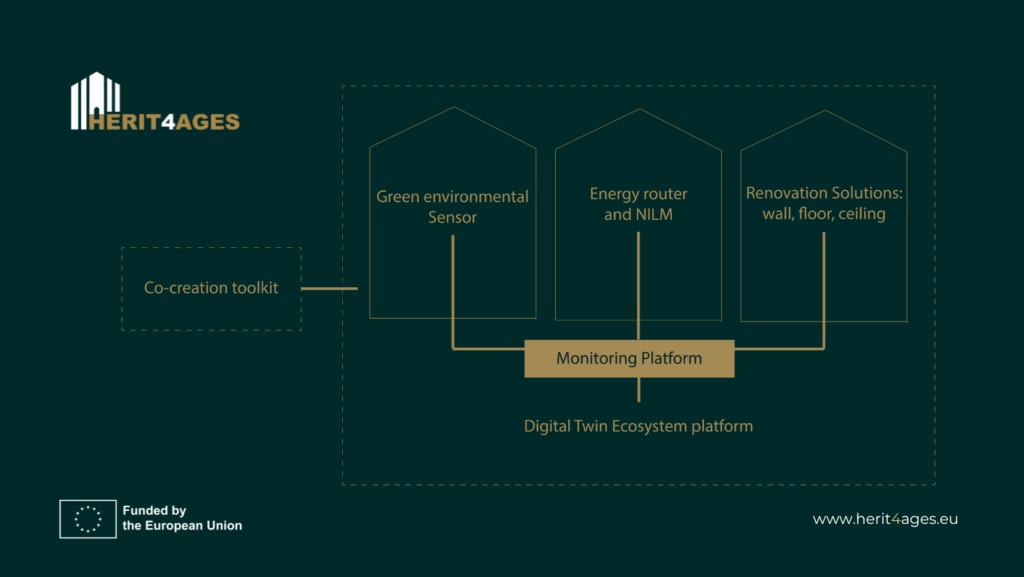
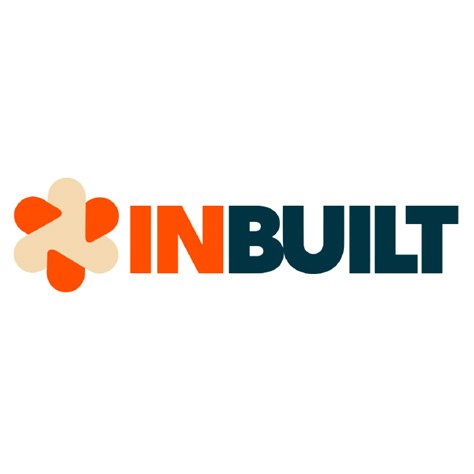
INBUILT
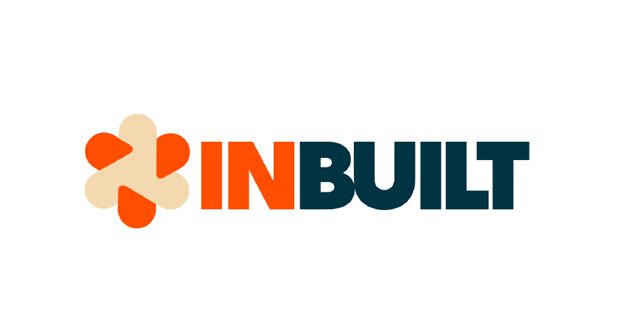
Energy and Seismic AFfordable rEnovation solutions
The main objective of INBUILT is to develop fully-functional prototypes and demonstrate in operational environment [TRL 7] TEN innovative and promising solutions. These are based on locally sourced bio-/geo-based materials, reused and recycled products, suitable for either new buildings construction or for existing buildings’ renovation. We will optimise/foster their integration to new or existing buildings using a BIM-based digital WEB platform providing multi-objective optimisation and iterative approach. All these solutions will be founded in the principles of circularity, embedding very low or negative carbon footprint, and respecting the architectural and historic values of buildings.
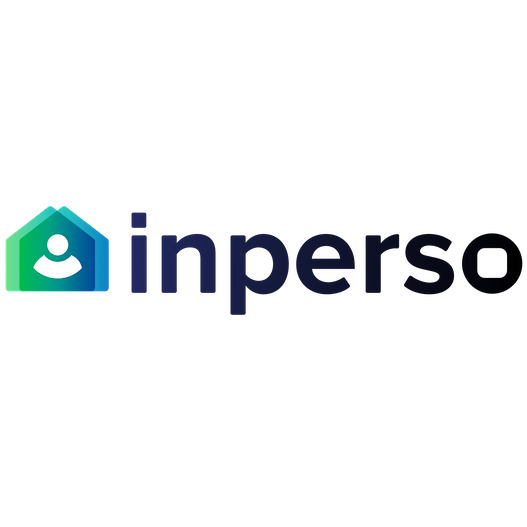
INperso

INdustrialised and PErsonalised Renovation for Sustainable sOcieties
INPERSO is a holistic deep renovation programme addressing the building’s entire lifecycle and combining industrialisation and personalisation. The project will deliver inclusive, affordable, efficient, and sustainable renovation, adaptable to various climate zones and building typologies, but focused on residential and heritage buildings. INPERSO is designed to address the lifecycle of a building, from project design to the end-of-life, addressing the challenges of digitalisation, fragmentation, quality, efficiency, and rapidity, while adopting a human-centric approach.
INPERSO aims to tackle the multifaceted deep renovation challenge by addressing the individual needs of key stakeholders involved in the retrofit process.
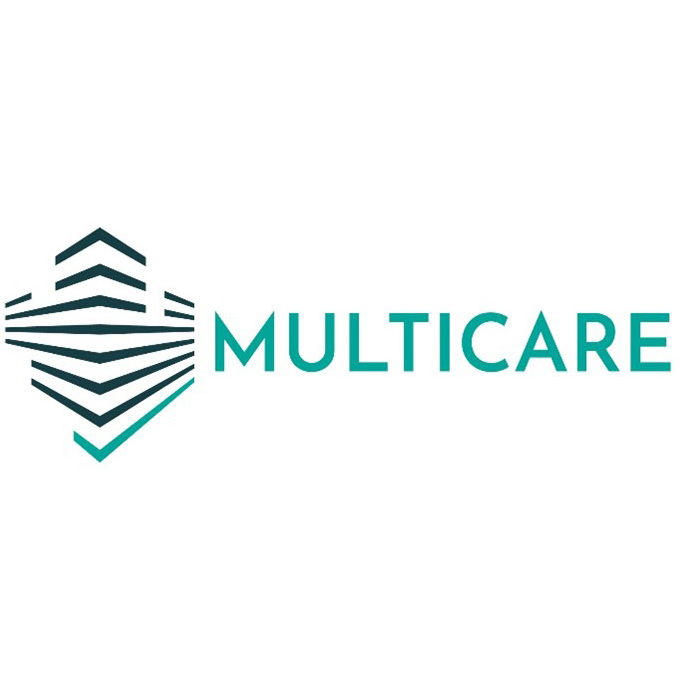
MULTICARE

Multi-hazard low-carbon resilient technologies and multi-scale digital services for a future-proof, sustainable & user-centred built environment
The built environment is ill-prepared for the increasing frequency and intensity of climate-related extreme events, resulting in socio-economic losses and public health concerns. While solutions to enhance resilience against specific hazards do exist, cost-effective and environmentally friendly approaches are needed. We also lack frameworks to assess climate resilience comprehensively. MULTICARE aims to improve the multi-hazard resilience of our built environment. It will develop innovative decision-support frameworks and easily implementable, low-carbon resilient technologies in a cost-effective yet sustainable manner. It will create digital tools for assessing, designing and managing multi-hazard resilience across various scales, enabling the development of resilient supply chains.

Nebula

New European Bauhaus Unlocked through Built4People-endorsed Local Actions
The Built4People partnership develops and connects national or regional Innovation Clusters in line with Horizon Europe to maximise innovation impacts. NEBULA will build on B4P and the New European Bauhaus initiative to activate a network of B4P Innovation Clusters. The project will implement improved visibility, adoption and uptake of innovative solutions. This will be in line with the NEB, increasing awareness of benefits from innovation and better access to co-financing, intensifying cross-sectoral and interdisciplinary peer-learning from front runners, and expanding cross-border cooperation and networking. NEBULA will prepare the long-lasting activities of the network of B4PICs and the integration of future clusters.
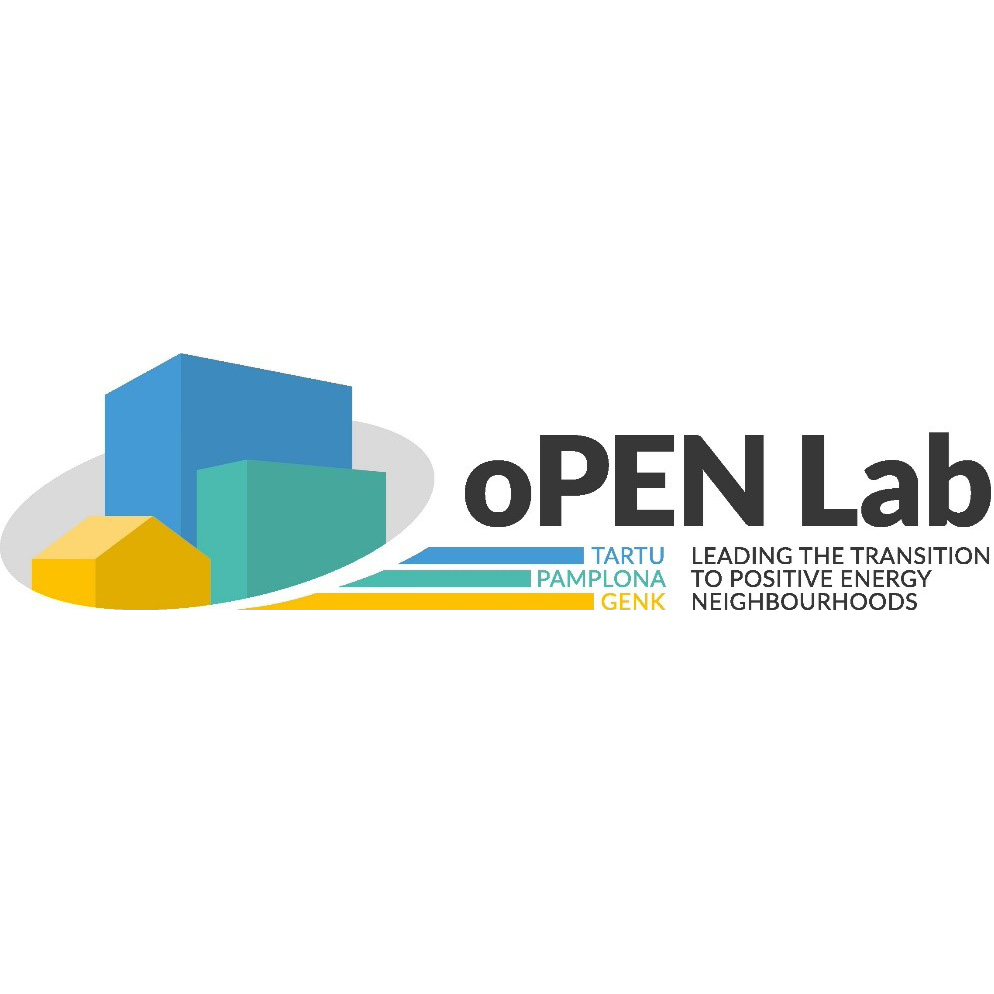
oPEN Lab

Open innovation living labs for Positive Energy Neighbourhoods
The main objective of oPEN Lab is to upgrade the existing buildings and district facilities in specific neighbourhoods in the cities of Tartu, Pamplona and Genk to fully operational Positive Energy Neighbourhoods and operate them as Positive Energy Neighbourhood Living Labs.
A Positive Energy Neighbourhood is understood to be an energy-efficient and energy-flexible urban area or group of connected buildings, which produces net-zero greenhouse gas emissions and actively manages an annual local or regional surplus of renewable energy.
The oPEN Lab project will demonstrate the feasibility of promising technologies, processes and social innovations, leading towards Positive Energy Neighbourhoods and paving the way for wider replication.
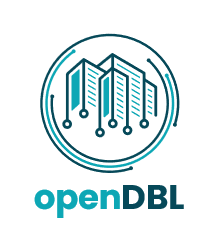
openDBL

one-step Digital Building Logbook solution
openDBL project is funded by the European Commission Grant agreement no: 101092161, call: HORIZON-CL4-2022-TWIN-TRANSITION-01-09
openDBL intends to integrate multidisciplinary know-how to solve the issues of the current situation in DBL (Digital Building Logbook) field.
The challenge of the project is to allow, through the development of openAPI, the use of openDBL in a unique standardized platform and create useful content, to simplify the workload of the AECO industry.
The project pursues 3 objectives:
to ensure attractive economics, through value propositions and convenient pricing.
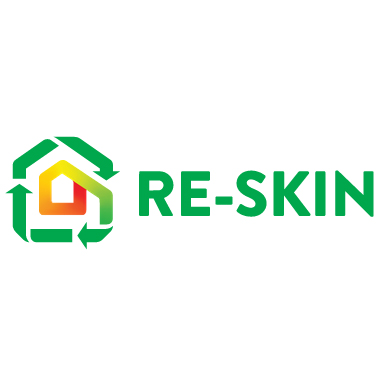
RE-SKIN

Renewable and Environmentally Sustainable Kit for building INtegration.
The RE-SKIN project is developing an advanced, integrated and multifunctional retrofit system targeting the renovation of the European building stock by combining energy efficiency, smart readiness, sustainability and circular economy.

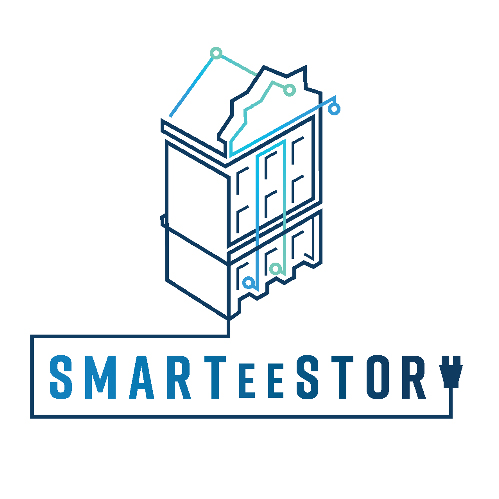
SMARTeeSTORY

Integrated, interoperable, smart and user-centred building automation and control system for better energy performance of non-residential historic buildings coupling physics & data-based approaches.
SMARTeeSTORY is an EU-funded Horizon Europe project that accelerates the digital transformation of historical non-residential buildings. It brings together a consortium of 13 partners from six countries.
SMARTeeSTORY develops a smart and integrated building automation and control system to monitor and optimise the energy performance of buildings. By combining interoperable and cybersecure-by-design software and hardware solutions, the project thus accelerates the green transition of historical buildings while respecting their unique identities.
The project drives the transition towards a more sustainable built environment by promoting solutions that combine energy efficiency, renewable energy sources and digital and smart technologies. The respective solutions are tested at historic buildings in three locations: the Faculty of Architecture at TU Delft, the Royal Chancellery of Granada and the Riga City Hall.

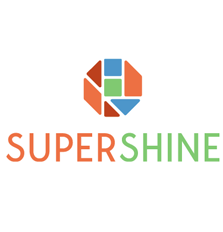
SUPERSHINE
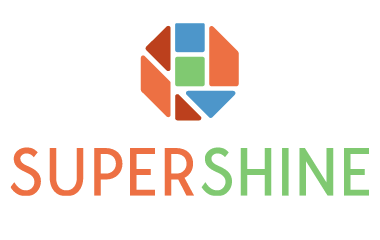
Smart Upgraded asset-values and quality of life Public Private Partnership Extended Energy Efficiency Renewables triggered by the project Social Housing Investment Net Zero European
SUPERSHINE is an EU-funded project on renovation of social housing contributing to decrease energy poverty.
It aims to create replicable models of smart districts, based on energy efficiency, affordability, sustainability ensuring adequate well-targeted funding.
The project will operate on 3 pilot lighthouse districts (demonstrators); Trieste(Italy), Herning(Denmark), Riga (Latvia).
The SUPERSHINE lighthouse districts will be characterised by energy efficient buildings, low carbon mobility, smart grids, efficient water and waste management, all underpinned by responsive technologies that optimise resources while promoting wellbeing and sustainable lifestyles.
Following the lighthouses demonstration, SUPERSHINE partners will develop corresponding models in Fellow cities: Setúbal, Belgrade, Zaragoza, Istanbul.
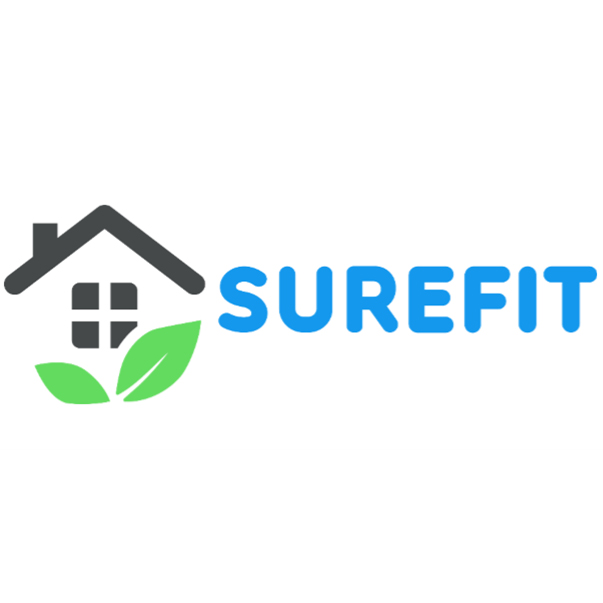
SUREFIT
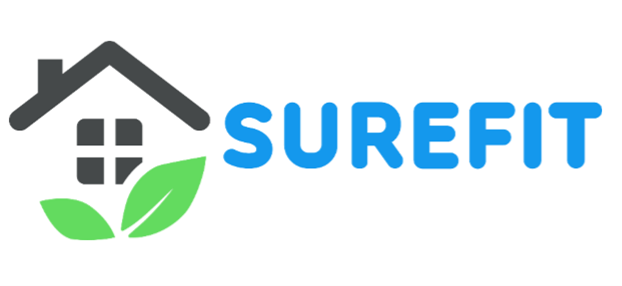
Sustainable Solutions for Affordable Retrofit of Domestic Buildings
SUREFIT Project demonstrates fast-track renovation of existing domestic buildings by integrating innovative, cost-effective, and environmentally conscious prefabricated technologies. This is to reach target of near zero energy consumption through reducing heat losses through the building envelope, and energy consumption by heating, cooling, ventilation, and lighting, while increasing the share of renewable energy in buildings.
This project has received funding from the European Union’s Horizon 2020 research and innovation program under grant agreement No 894511. The performance of novel renovation technologies in SUREFIT Project were studied by building level simulations. In the simulations, the technologies were classified into three renovation packages, including a passive package; consisting of bio-aerogel thermal insulation, PV vacuum window, and phase change material (PCM).
A ventilation package; comprising insulating breathable membrane and window heat recovery (WHR) and a generation package, including photovoltaic/thermal (PV/T) system, solar assisted heat pump (SAHP) and a new application of daylight technology. These technologies have been installed at a demonstration phase in 5 representative buildings in different European climates.
